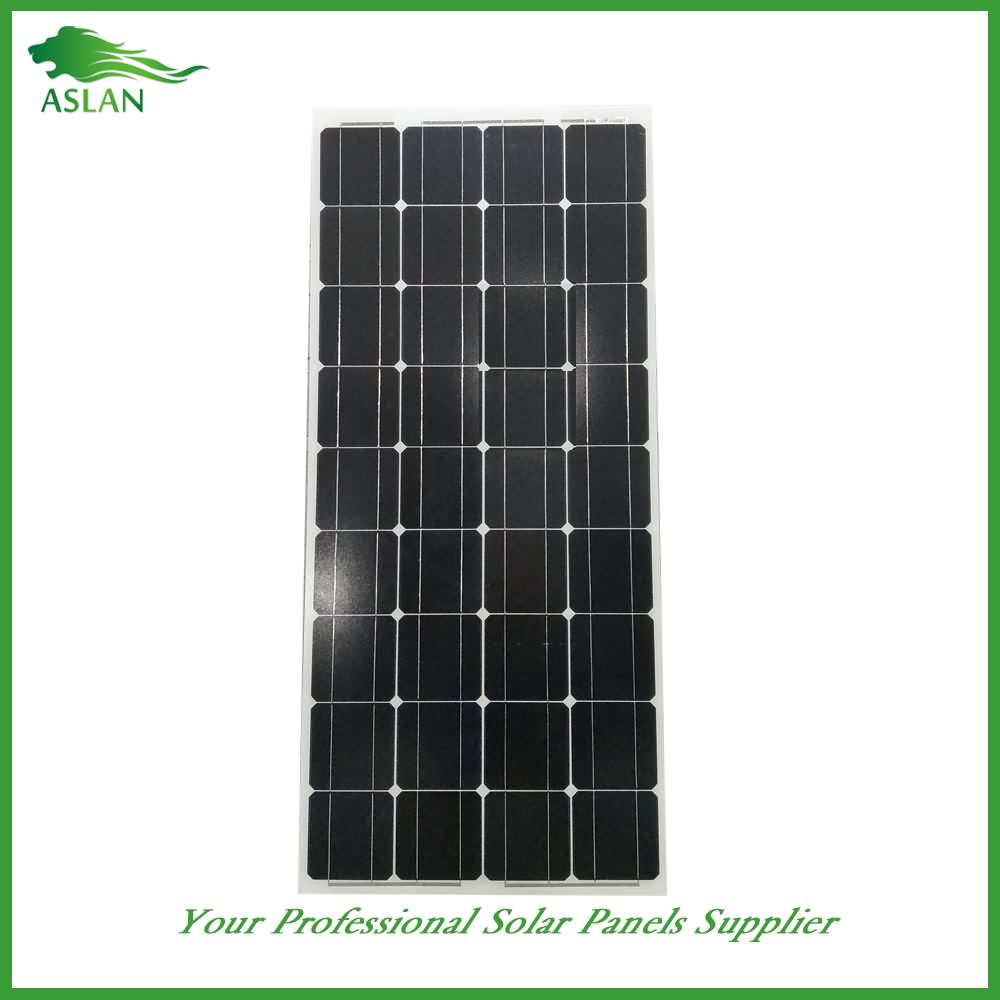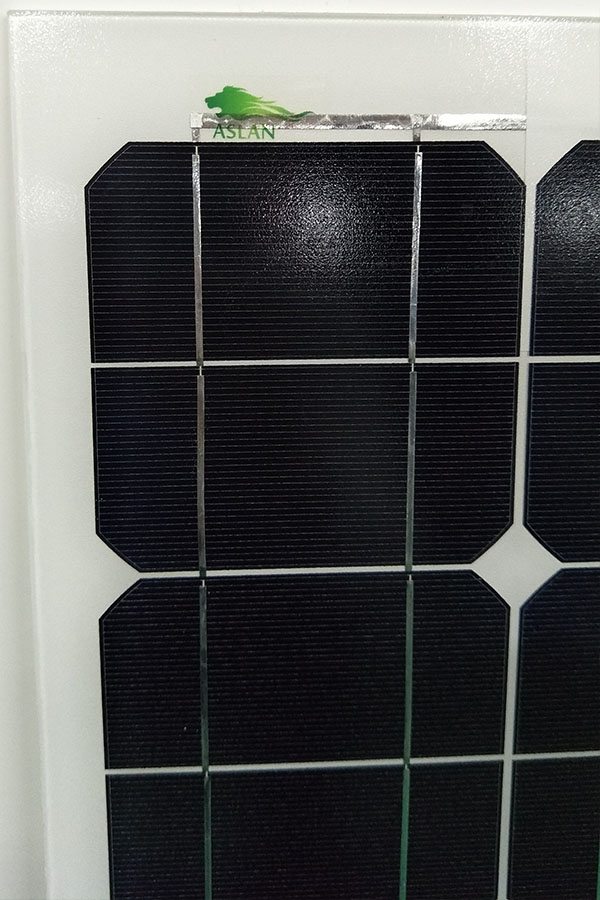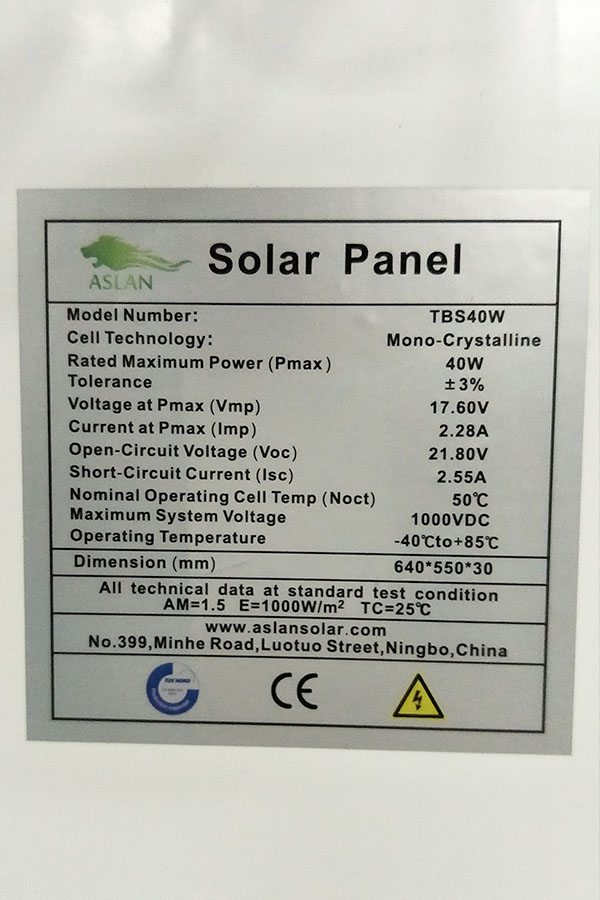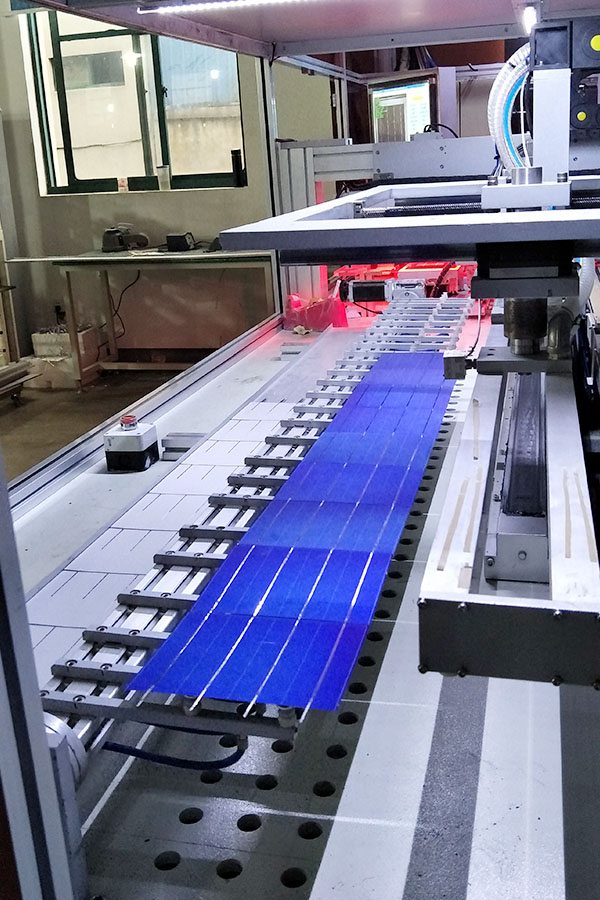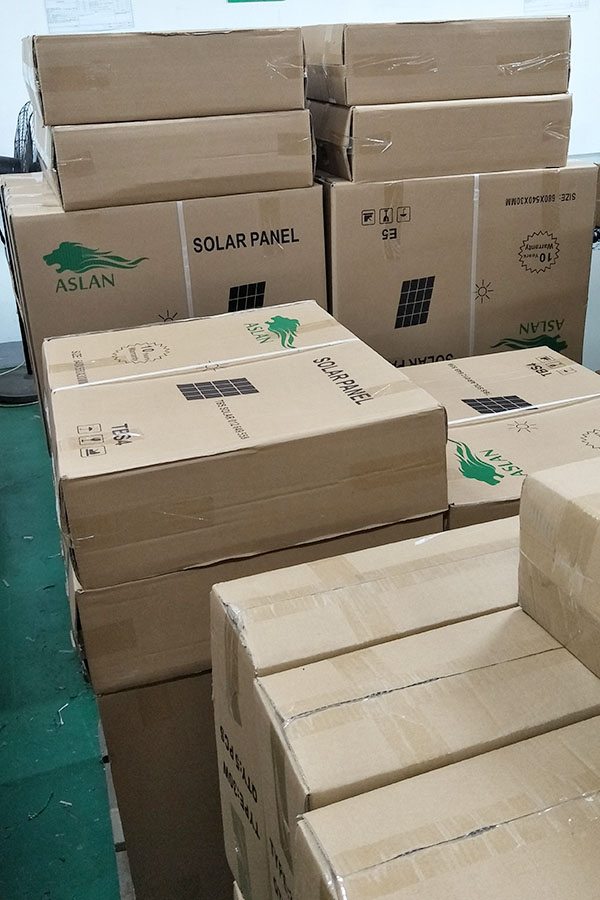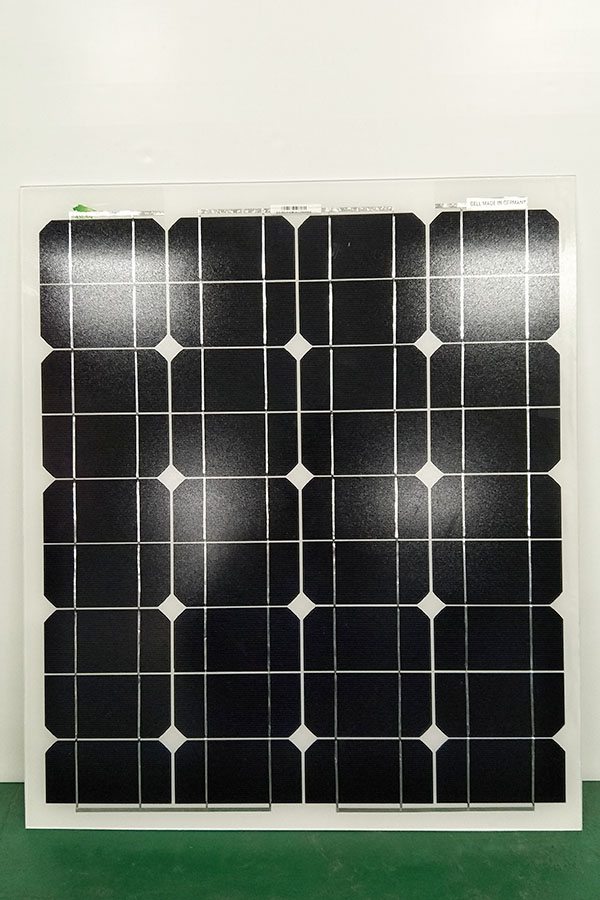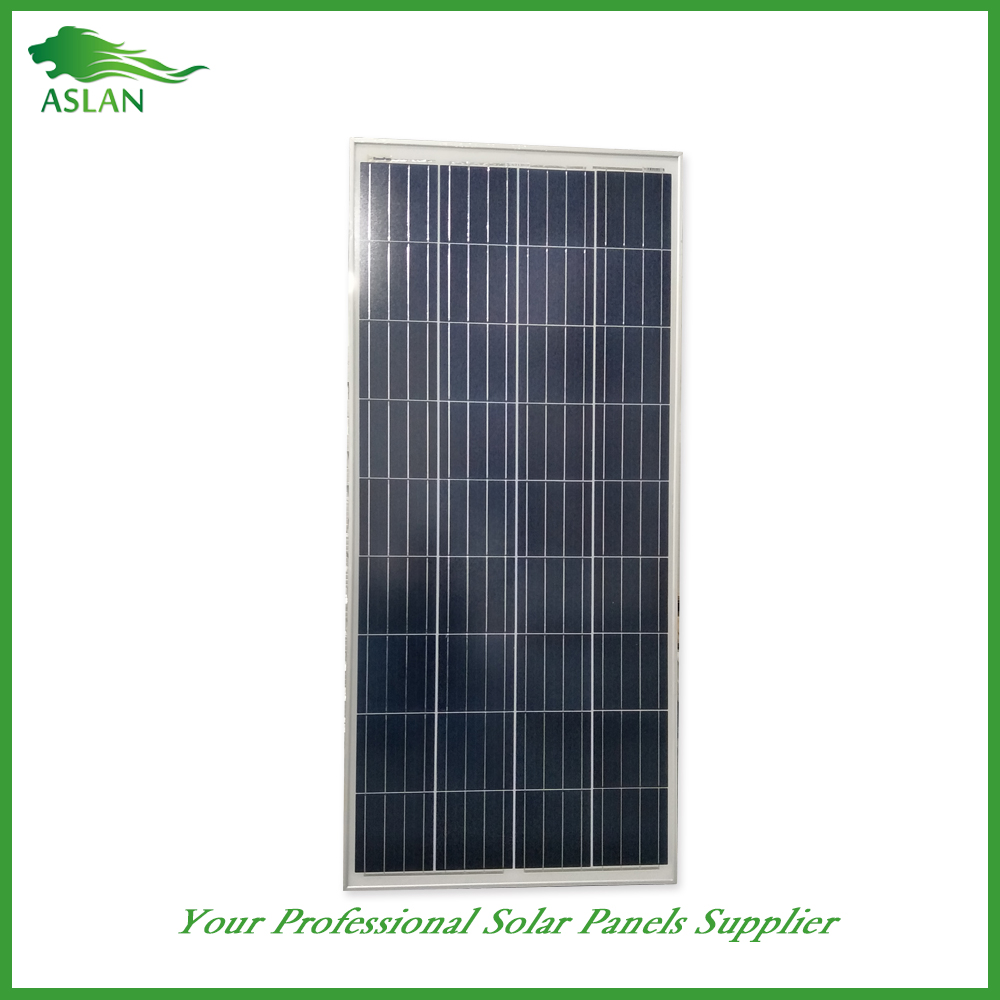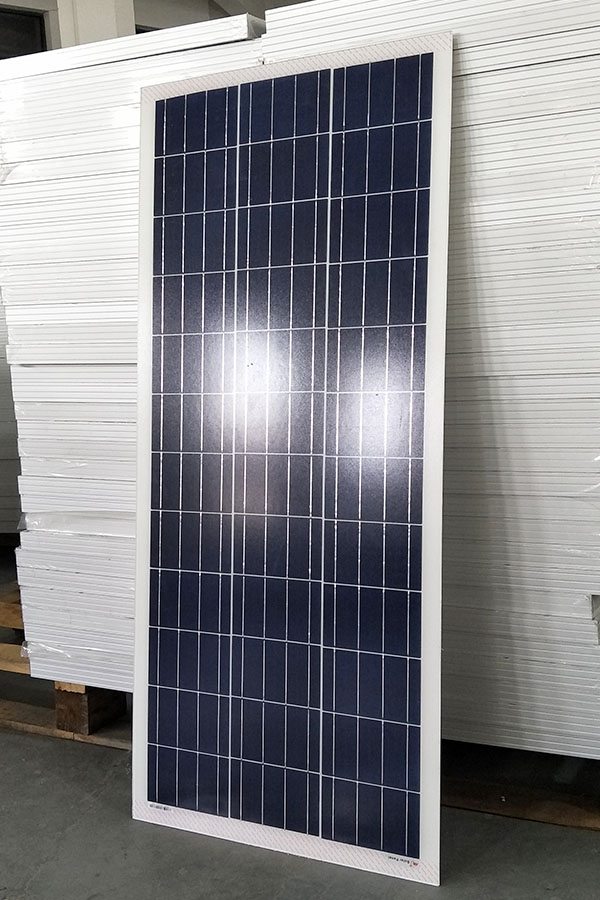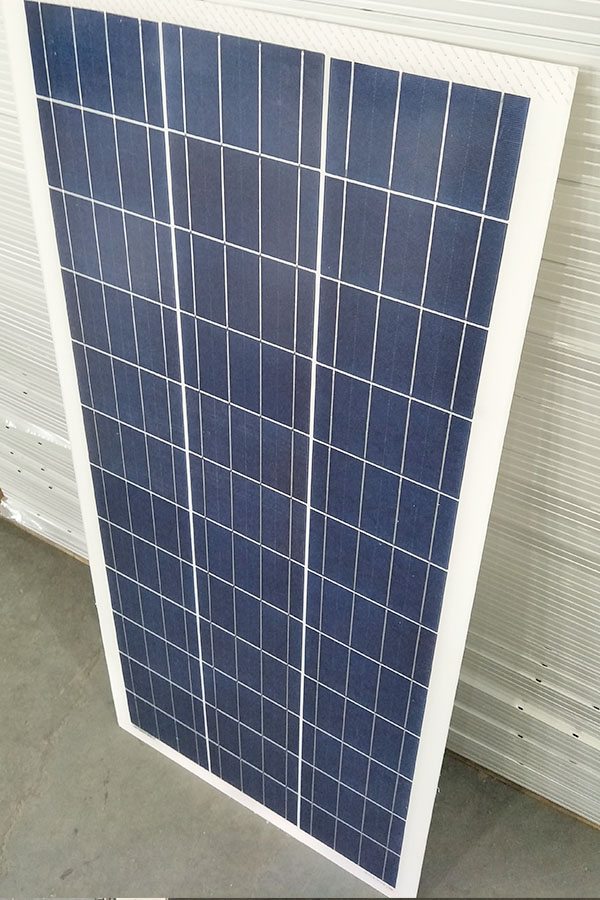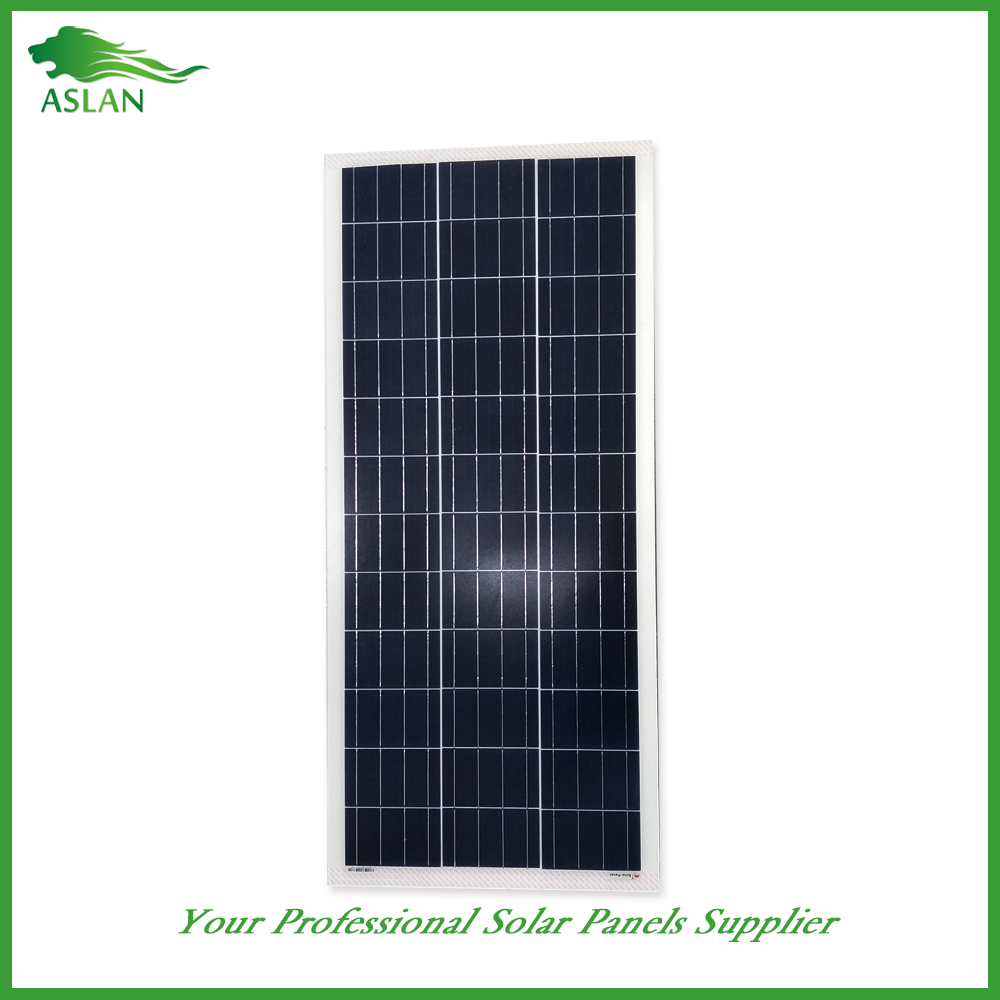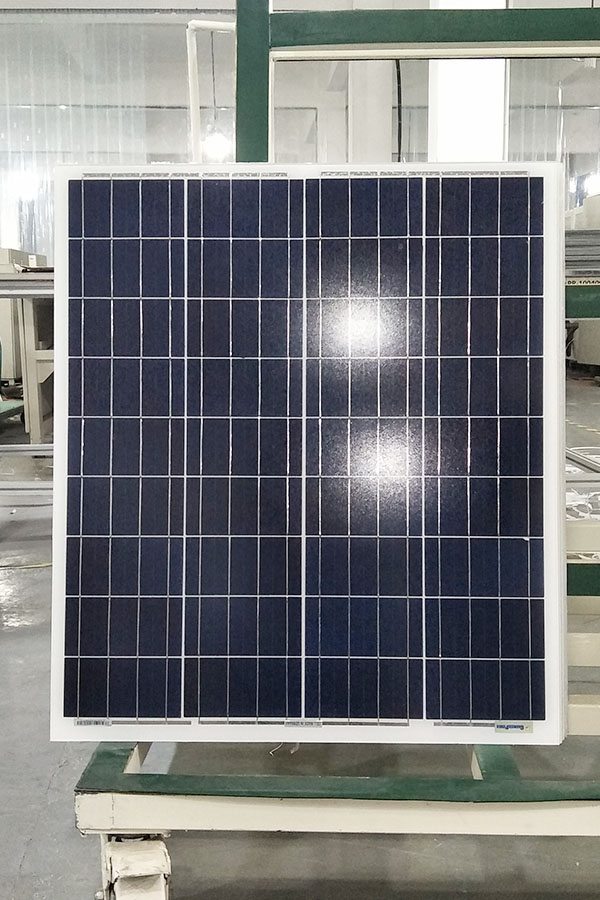13 Years Factory wholesale Mono-Crystalline 100W Solar Panel Vietnam Manufacturers
Short Description:
Sticking to the principle of "Super Quality, Satisfactory service" ,We are striving to be a good business partner of you for 13 Years Factory wholesale Mono-Crystalline 100W Solar Panel Vietnam Manufacturers, We will wholeheartedly welcome all clients in the industry both at home and abroad to cooperate hand in hand, and create a bright future together.
Mono-Crystalline 100W Solar Panel
Technical parameter
Maximum Power(W) 100W
Optimum Power Voltage(Vmp) 18.66V
Optimum Operating Current(Imp) 5.36A
Open Circuit Voltage(Voc) 22.72V
Short Circuit Current(Isc) 5.92A
Mechanical Characteristics
Cell Type Monocrystalline 125x125mm(5 inch)
No of Cell 36 (4x9pcs)
Dimensions 1200x554x35mm
Weight 7.8Kg
Front Glass 3.5mm,High Transmission, Low Iron,Tempered Glass
Junction box IP65 Rated
Output Cable TUV 1×4.0mm2/UL12AWG,Length:900mm
Temperature and Coefficients
Operating Temperature(°C): -40°C ~ + 85°C
Maximum System Voltage: 600V(UL)/1000V(IEC) DC
Maximum Rated Current Series: 15A
Temperature Coefficients of Pmax: -0.47%
Temperature Coefficients of Voc: -0.389%
Temperature Coefficients of Isc: 0.057%
Nominal Operationg Cell Temperature (NOCT): 47+/-2°C
Materials of solar panel
1).Solar Cell——Mono-crystalline solar cell 125*125mm
2).Front Glass——-3.2mm, high transmission, low iron, tempered glass
3).EVA——-excellent anti-aging EVA
4).TPT——-TPT hot seal made of flame resistance
5).Frame——anodized aluminum profile
6).Junction Box——-IP65 rated, high quality, with diode protection
Superiority: high quality anodized aluminum frame, high efficiency long life, easy installation, strong wind resistance, strong hail resistance.
Features
1. High cell efficiency with quality silicon materials for long term output stability
2. Strictly quality control ensure the stability and reliability, totally 23 QC procedures
3. High transmittance low iron tempered glass with enhanced stiffness and impact resistance
4. Both Polycrystalline and Mono-crystalline
5. Excellent performance in harsh weather
6. Outstanding electrical performance under high temperature and low irradiance
Quality assurance testing
Thermal cycling test
Thermal shock test
Thermal/Freezing and high humidity cycling test
Electrical isolation test
Hail impact test
Mechanical, wind and twist loading test
Salt mist test
Light and water-exposure test
Moist carbon dioxide/sulphur dioxide
When your backpack space is tight and you would rather carry water than equipment, the Goal Zero Nomad 27 portable solar panel packs the perfect power source. 27 watts of highly efficient mono-crystalline solar technology, its eight small panels provide extra power and conveniently fold into a small, lightweight portable case. Sherpa 120 power pack is lightweight and its compact design makes it easy to carry in your backpack or daypack. The lithium iron phosphate battery offers an extended life of between 2,000-3,000 cycles, equal to 70,000 AA batteries. That in itself makes the Sherpa 120 one of the best values in portable battery power on the market today.
How Much Does it Cost to Install Solar Panels in Arizona? Call Today for a FREE QUOTE +1 855-490-0663
If you found this video valuable, give it a like.
If you know someone who needs to see it, share it.
Leave a comment below with your thoughts.
Add it to a playlist if you want to watch it later.
What is solar energy?
Solar energy is, simply, energy provided by the sun. This energy is in the form of solar radiation, which makes the production of solar electricity possible.
Electricity can be produced directly from photovoltaic, PV, cells. (Photovoltaic literally means “light” and “electric.”) These cells are made from materials which exhibit the “photovoltaic effect” i.e. when sunshine hits the PV cell, the photons of light excite the electrons in the cell and cause them to flow, generating electricity.
Solar energy produces electricity when it is in demand – during the day particularly hot days when air-conditioners drive up electricity demand.
In use, solar energy produces no emissions. One megawatt hour of solar electricity offsets about 0.75 to 1 tonne of CO2.
PV panels are being used increasingly, both in the city and in remote locations, to produce electricity for households, schools and communities, and to supply power for equipment such as telecommunication and water pumps. The majority of solar PV installations in Australia are grid-connected systems.
Also, electricity for remote and regional Australian communities has been supplied by solar energy for many years.
Australia is one of the sunniest countries in the world and there is huge potential for solar PV to make a significant contribution to electricity generation.
Benefits of solar energy. Solar energy
Here are some benefits of solar energy.
Solar energy is not only sustainable, it is renewable and this means that we will never run out of it. It is about as natural a source of power as it is possible to generate electricity.
The creation of solar energy requires little maintenance. Once the solar panels have been installed and are working at maximum efficiency there is only a small amount of maintenance required each year to ensure they are in working order.
They are a silent producer of energy. There is absolutely no noise made from photovoltaic panels as they convert sunlight into usable electricity.
There are continual advancements in solar panel technology which are increasing the efficiency and lowering the cost of production, thus making it even more cost effective.
During operation solar electricity power plants produce zero emissions.
How Much Does it Cost to Install Solar Panels in Arizona? Call Today for a FREE QUOTE +1 855-490-0663
Feel free to share this video:
Check Out Our Channel:
https://www.youtube.com/channel/UCroxNvWytnNC0KZDyGBXhGQ
Learn more about subject:
Check out our G+ post about this video:
Check out our blogger post about this video:
Recommend Videos:
Authority Channel:
https://www.youtube.com/user/solarcity100
https://www.youtube.com/user/TheSolarIndustry
https://www.youtube.com/user/USdepartmentofenergy
